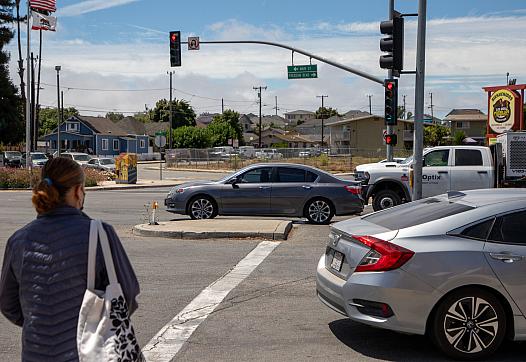
People walking and biking on Watsonville streets die at a rate 70% higher than the county average, according to a Santa Cruz Local analysis.

People walking and biking on Watsonville streets die at a rate 70% higher than the county average, according to a Santa Cruz Local analysis.
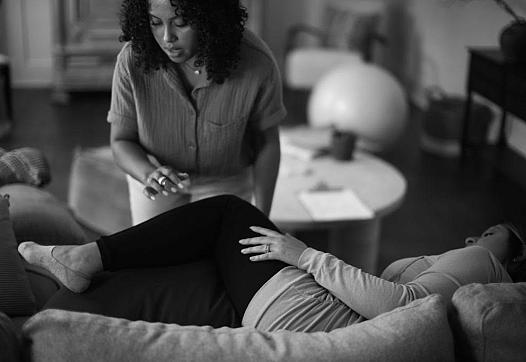
The embrace of doula support even in Republican-led states is colliding with sweeping federal cuts to health care, public health and research on health disparities.
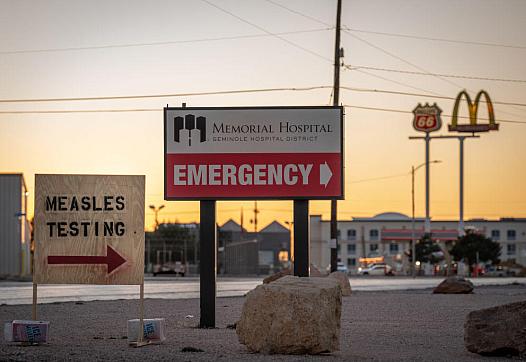
Measles cases are at their highest numbers in decades amid declining vaccinations, persistent disparities and vaccine misinformation, leaving millions of children vulnerable.
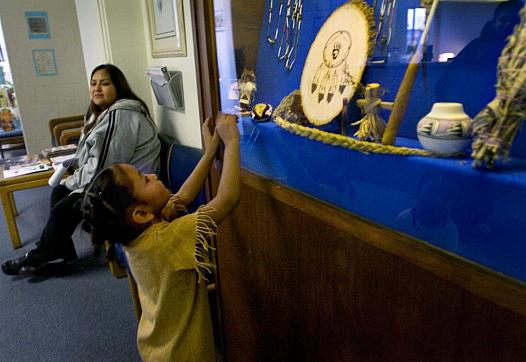
Native youth in California face the state's highest suicide rates despite being its smallest ethnic group. Now Medicaid cuts threaten vital Indigenous clinics offering culturally rooted mental health care.
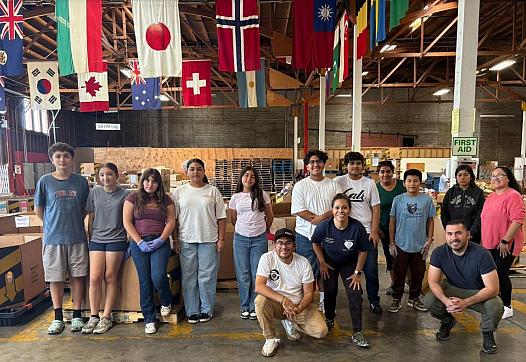
Areas such as as Southeast Los Angeles have been severely impacted by immigration sweeps.
“The cuts hit everywhere,” said Harvard researcher Scott Delaney. “It's not just in the Ivies. It's not just in the Northeast. There's a story everywhere across the entire country.”
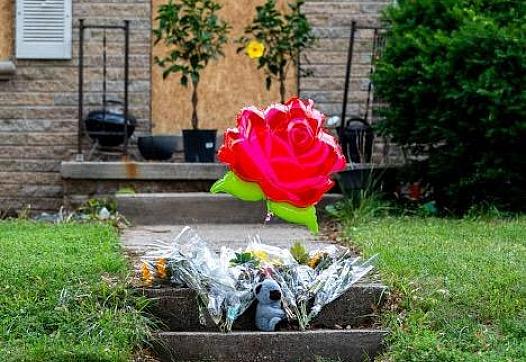
A proposed federal gun laws risk empowering abusers and weakening protections.
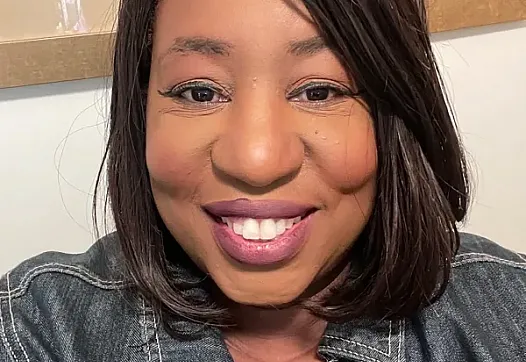
Transracial adoption remains a complex and often debated subject, one that experts Bryan Post and Rhonda Roorda are tackling head-on.
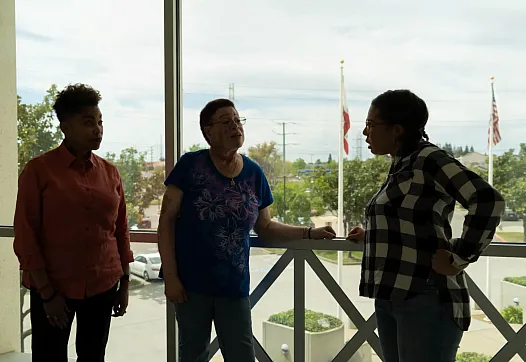
Black court-appointed special advocates in Sacramento work to support foster youth, especially Black teens, amid system flaws, racial disparities, and a lack of advocates.
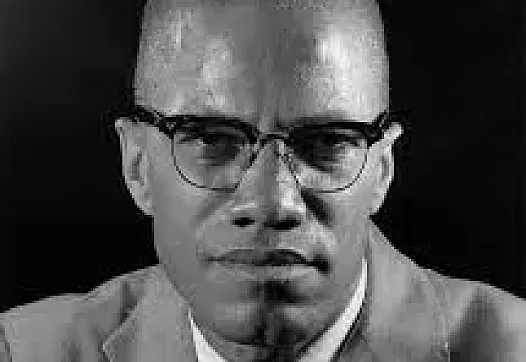
Malcolm X’s worldview was molded by his time in foster care and his experiences as a young Black man in America.